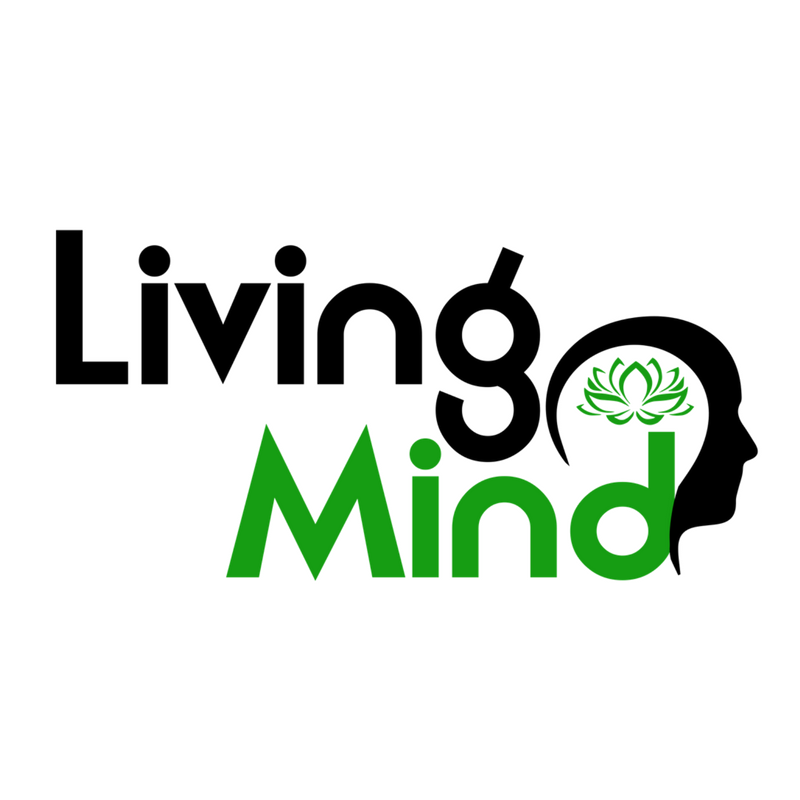Mental Health Awareness Week: How To Manage Stress
/One in four of us in UK can potentially suffer from mental illness. In my clinical experience, stress remains a critical component in majority of diagnosed mental illnesses and if we take into account the emotional difficulties that do not fulfil criteria for mental illnesses, then stress becomes even more prevalent. Therefore, quite appropriately ‘Stress’ is chosen as a theme for this year’s Mental Health Awareness Week.
So, let’s look at what stress is…
Stress is a state of mind where we feel strained or pressured or simply vulnerable! The source of stress lies in every single domain of our life - interpersonal relationships, work, academic environments, social activities… The list goes on and on and on. Although situations are diverse, what is common amongst all these circumstances is excessive demand that put our minds under spotlight.
Stress can precipitate and perpetuate mental disorders ranging from mood disorders to psychotic illnesses. Understandably, those of us who have previously had a nervous breakdown, are even more susceptible to relapse and hence need to be doubly cautious. This is precisely due to well established theory of stress- vulnerability model. I would like to bring an analogy here - let us imagine our mind as a sheet of metal, stress us a hammer. More frequently or harder the hammer hits the metal sheet, it gets more and more brittle and eventually can get cracked and broken. This has now given us a clue, what can we do about it!
I always tell my patients that stress specially the external ones and even in some cases internal ones like physical illnesses, are not in our control. They can come unannounced. But what we can learn to control - how we respond to it.
At Living Mind, our emphasis is not just about treating symptoms, but helping our service users increasing their inner resilience, so that under stress we reduce our risk of vulnerability. Going back to the analogy I used, hammers are not going away, yet what we can do is to make that metal sheet stronger every day. Therefore, when it comes to treatment plan / care plan for our service users, we make sure we look into their life style, diet, general health in parallel to focussing on primary presentation.
Mindfulness, Reflexology and Acupuncture in our experience are great tools to increase this inner resilience. These interventions either in isolation or in combination with psychiatric treatment are routinely provided as a part of mental health care at Living Mind. Keeping this in mind, I have a specific Mindfulness exercise for Managing Stress in my album called Mindful Living. This Album/track is available to download from a number of music apps/platforms including iTunes, Spotify, Google Play, Deezer, etc. by searching for Dr Arghya Sarkhel.
The latest example is our state of the art, drug free treatment for depression and anxiety - rTMS (repetitive Transcranial Magnetic Stimulation) – even during this treatment, we combine Reflexology, Acupuncture, Mindfulness, Lifestyle advice as and when appropriate; precisely because STRESS remains a key factor we address in our care planning.
If we are better equipped with knowledge, strategies and experience to deal with stress, we’ll significantly reduce the risk of developing mental disorders but also our quality of life will improve, and we’ll succeed in Making Lives Meaningful.
3 Simple tips on how to cope with STRESS on a daily basis:
- Adding Mindfulness in your daily routine: Take 10 deep breaths whenever you are feeling under stress or at least once a day. Setting an alarm for these Mindful deep breathes can be quite helpful. And when you are doing this exercise, try and bring your attention to your breath coming in and out of your body. And if your mind travels away from your thoughts, bring it back gently to the breathing. As mentioned above, try the Stress Management Mindfulness exercise available on our Mindful Living album by Dr Arghya Sarkhel.
- Drink plenty of water/healthy fluids during the day: Again, putting few alarms for the daily routine would help as a reminder. Fluid loss from our body occurs in the form of skin evaporation, breathing, urine and stool; this loss needs to be replaced for good health. Studies have shown that being dehydrated can increase Cortisol levels. Cortisol are stress hormones. Drinking enough fluids can help reduce the intensity of psychological response we have towards stress.
- Find a hobby: Taking time out for yourself and doing something that you really enjoy can provide a break with a purpose. Many hobbies including group activities can help connect with others; social activities and support can help bring stress relief. Activities you enjoy can also help lift your mood.



